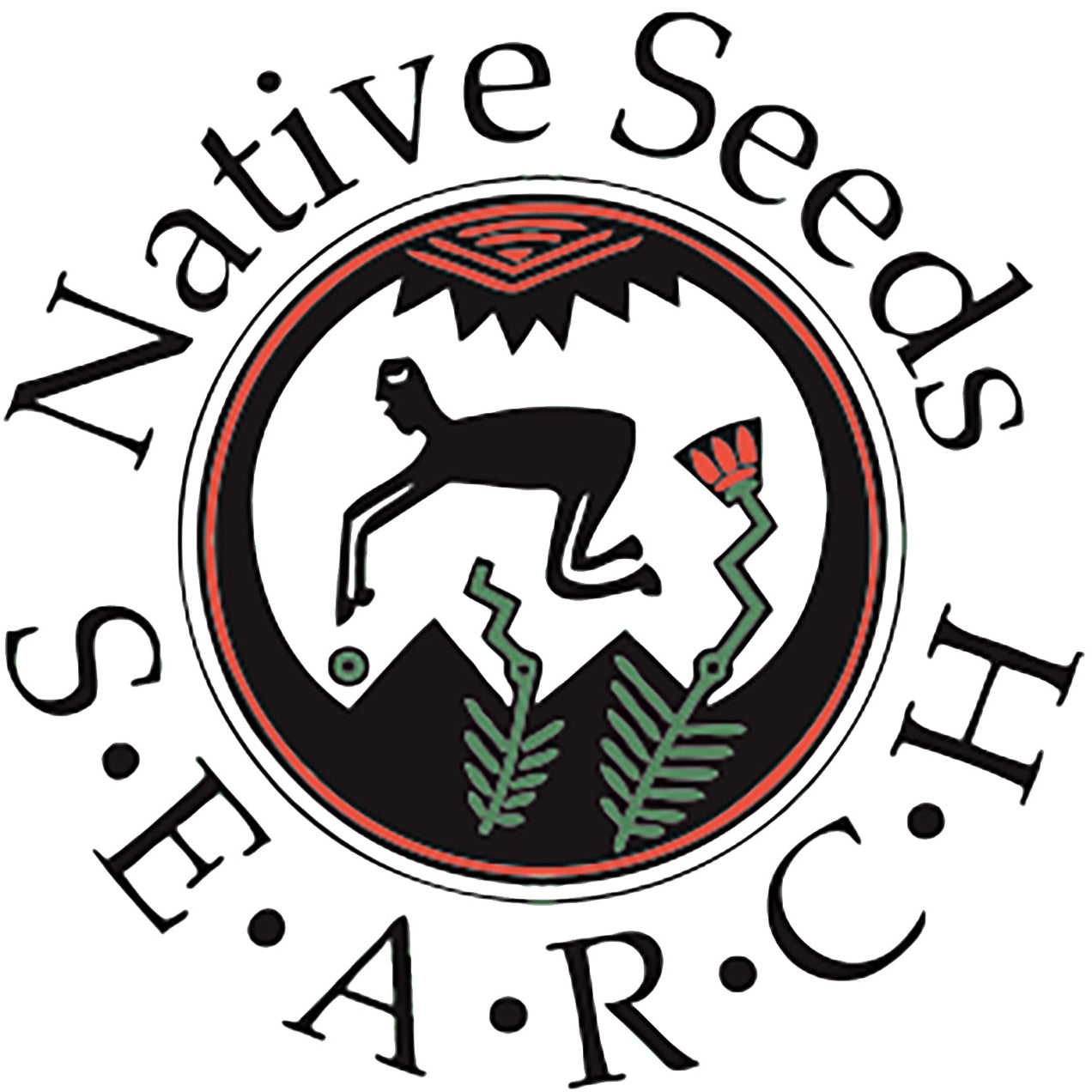
Plastic is causing big problems around us. Only today, BBC reported on an article in the journal NatureGeoscience, microplastics (tiny pieces of degraded plastic) can travel regularly 60 miles, or more. Scientists tested a very rural area in the Pyrenees, 75 miles from the nearest city, finding “that each day an average of 365 tiny plastic fragments or fibers settled on every square meter of land.”
In order to contribute to the solution, NS/S is replacing the plastic bags in our wildflower packets with glassine bags.
By Liz Fairchild, Distribution Coordinator.
Some of you heard about the young cuvier beaked whale, reported in March 2019, in National Geographic, who died due to 88 pounds of plastic in his stomach. UNESCO says over a million animals die each year due to plastic trash.
Plastic is causing big problems around us. Only today, BBC reported on an article in the journal Nature Geoscience, microplastics (tiny pieces of degraded plastic) can travel regularly 60 miles, or more. Scientists tested a very rural area in the Pyrenees, 75 miles from the nearest city, finding “that each day an average of 365 tiny plastic fragments or fibers settled on every square meter of land.”
In order to contribute to the solution, NS/S is replacing the plastic bags in our wildflower packets with glassine bags. Glassine is a paper rolled and rolled (“supercalendared”) until all the fibers aim one direction. I think the name comes from the glossy, semi-transparent nature of this paper. Glassine is grease, moisture and air - resistant.
Now, we know that our customers and members put trash in the proper receptacles, recycle, and compost, but pollution prevention begins at the source: don’t pack it in plastic, no plastic to toss in the trash. We’re starting out packing a few varieties of the wildflowers, and will test their strength to withstand handling at the NS/S store (3061 N. Campbell Ave., Tucson, open 10-5, 7 days, check back for summer hours). We also are substituting tiny glassine bags for the tiny ziplock bags inside our regular vegetable packets we customarily use to prevent tiny seeds from potentially escaping.

While glassine is just paper, we have yet to specifically research the compostability parameters of glassine. We’ll do some follow-up and report back. We’re also looking into other options for packaging our bulk seed quantities.
We’re proud to make a little dent in the killing catastrophe, monstrous mounds and tons of trash plastic packaging humans make each year.
